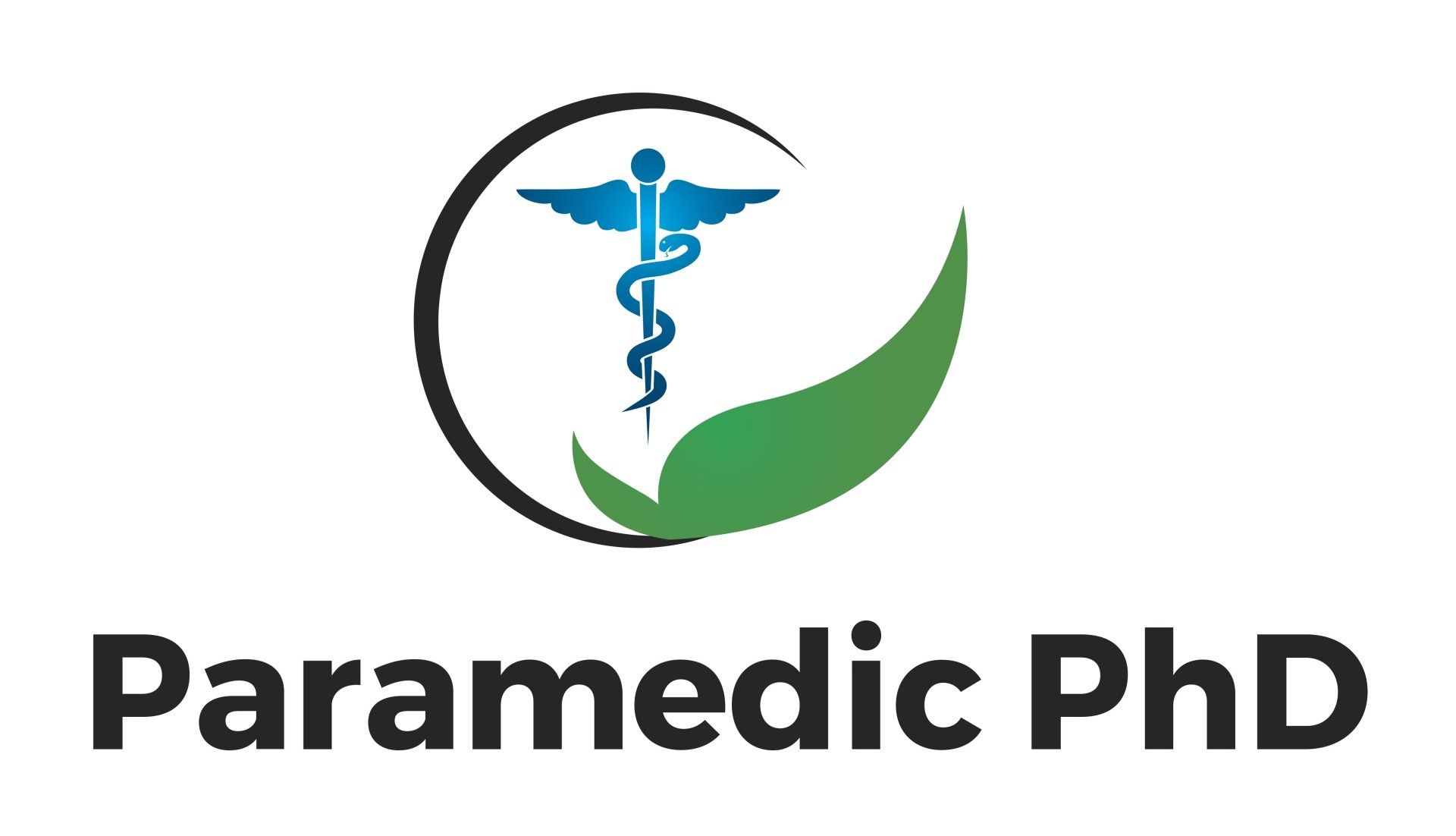Doctorate
Doctorate Title: Resuscitation decision making in out-of-hospital cardiac arrest: A mixed methods exploration of ambulance personnel experiences, preparation and support.
Doctorate Description: Emergency ambulance personnel are highly trained to maximise patient survival from out-of-hospital cardiac arrest. However, resuscitation efforts will only revive the patient if provided without delay and in the context of a reversible cause of cardiac arrest. Researchers have repeatedly examined predictors of survival from cardiac arrest, and ambulance personnel in many countries are authorised to cease or withhold resuscitation efforts following validated termination of resuscitation rules and guidelines. Research suggests significant variation in resuscitation decisions, and attribute some of this inconsistency to the decision makers. However, few researchers have addressed the experiences of ambulance personnel making these decisions. This thesis describes the experiences of ambulance personnel tasked with decisions to commence, continue, withhold or terminate resuscitation and explores how they are prepared and supported to make and enact these decisions. A mixed methods exploratory sequential research design was used, consisting of interviews with ambulance personnel (Study One), then focus groups with ambulance educators and peer supporters (Study Two), and finally an online survey of graduating paramedic students (Study Three). Research was underpinned by a Naturalistic Decision Making theoretical lens and a critical realist worldview. Certainty of a poor prognosis was necessary but not sufficient to enact a decision to withhold or terminate resuscitation. Ambulance personnel also needed significant self-efficacy, skills and experience to manage the subsequent scene of a patient death. Critical non-technical skills include sensitive and supportive communication with crew, bystanders and family, delivering death notification and providing post-mortem care. Attention to these skills is scant in existing formal ambulance personnel education. Ambulance personnel are primarily dependent on clinical exposure and life experience to develop confidence in this area. The Anderson Model of Ambulance Resuscitation Decision-making presents the integrated findings of this research project. Resuscitation decision-making can be challenging, even for experienced ambulance personnel. Opportunities to rehearse difficult conversations could improve ambulance personnel nontechnical skills and self-efficacy. Some novice ambulance personnel – including paramedic graduates - have had little or no exposure to resuscitation decision-making or patient death. Therefore, mentoring, senior on-scene or phone backup and personalised post-event peer support are critical to professional development and emotional coping.
Details:
Type: PhD
University: University of Auckland
Primary Supervisor: Professor Merryn Gott
Category: Cardiac Arrest
Funding: University of Auckland Doctoral Scholarship
Start Date: 2014
End Date: 2020
Status: Complete
Thesis
ThesisResearch Interests
Resuscitation, Clinical Education, Health professional stress and coping, Death & dying
Publications
Anderson, N. E., Gott, M., & Slark, J. (2017). Commence, continue, withhold or terminate? A systematic review of resuscitation provider decision-making in out-of-hospital cardiac
arrest. European Journal of Emergency Medicine, 24(2), 80-86, https://doi.org/10.1097/MEJ.0000000000000407
Anderson, N. E., Gott, M., & Slark, J. (2018). Beyond prognostication: ambulance personnel’s lived experiences of cardiac arrest decision-making. Emergency Medicine Journal, 35, 208-213, https://doi.org/10.1136/emermed-2017-206743
Anderson, N. E., Gott, M., & Slark, J. (2018). Grey areas: New Zealand ambulance personnel’s experiences of challenging resuscitation decision-making. International Emergency Nursing, 39, 62-67, https://doi.org/10.1016/j.ienj.2017.08.002
Anderson, N. E., Slark, J., Faasse, K., & Gott, M. (2019). Paramedic student confidence, concerns, learning and experience with resuscitation decision-making and patient death: A pilot survey. Australasian Emergency Care, 22(3), 156-161, https://doi.org/10.1016/j.auec.2019.07.001
Anderson, N. E., Slark, J., & Gott, M. (2019). How are ambulance personnel prepared and supported to withhold or terminate resuscitation and manage patient death in the field? A scoping review. Australasian Journal of Paramedicine, 16, https://doi.org/10.33151/ajp.16.697
Anderson, N. E., Slark, J., & Gott, M. (2019). Unsuccessful, Unwanted, and Unwarranted Resuscitation: Exploring Ambulance Personnel Preparation and Support for Death in the Field. Prehospital & Disaster Medicine, 34(s1), s54-s55, https://doi.org/10.1017/S1049023X19001262
Anderson, N. E., Slark, J., & Gott, M. (2020). When resuscitation doesn’t work: A qualitative study examining ambulance personnel preparation and support for termination of resuscitation and patient death. International Emergency Nursing, 49, Article #100827. https://doi.org/10.1016/j.ienj.2019.100827





